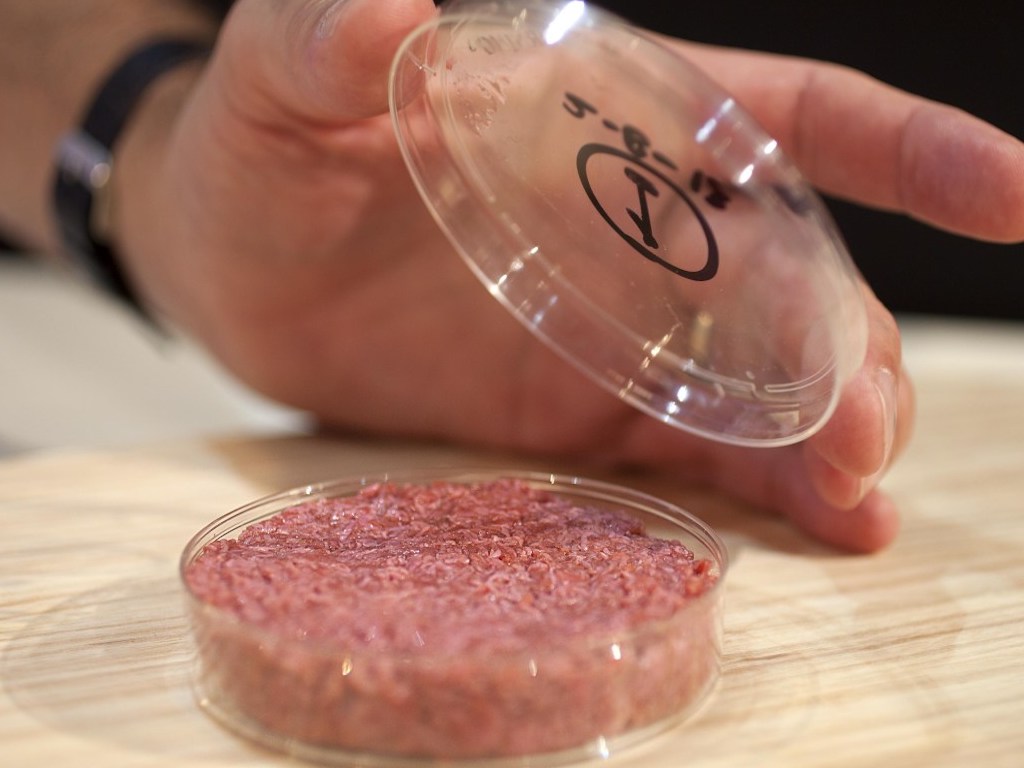The Demand Is There: Study Shows Asian Consumers Welcome Lab-Grown & Plant-Based Meat Alternatives
3 Mins Read
A recent survey revealed clean meat and plant-based meat alternatives have become more globally accepted, especially in the Asian market. This could mean new opportunities for Silicon Valley food-tech start-ups, but also more competition as Asian sustainable industries catch on. According to EuroNews, the global meat substitutes market was estimated at US$ 4.6 billion last year and is predicted to reach US $6.4 billion by 2023.
The new study, published in Frontiers in Sustainable Food Systems, assessed consumer interest in plant-based and “clean” laboratory-cultured meat in the United States, India and China. While all three countries exhibited high levels of acceptance, significantly greater levels of approval were observed in Indian and Chinese consumers.
The survey involved over 3,000 participants and was conducted by researchers from the Centre of Long Term Priorities in Hong Kong, Washington DC’s The Good Food Institute and the University of Bath in the United Kingdom. Participants rated their attitudes towards conventional meat, plant-based alternative options and clean meat.
Findings from the paper showed that compared to American respondents, Chinese consumers were twice as likely to buy clean meat or plant-based alternatives. Chinese women were particularly open to purchasing clean and plant-based meat options. And interestingly, meat eaters were more likely to meat alternatives than vegans and vegetarians.
In countries with extremely large populations like India and China, plant & cell meat alternatives are viewed as a way to mitigate a dependence on environmentally destructive animal agriculture. Traditional animal livestock farming is associated with a range of environmental issues such as producing greenhouse gases that contribute to climate change, water depletion and deforestation. Opting for plant-based alternatives and “clean” lab-grown meat are growing in popularity as consumers become more conscious of the sustainability and health associated issues with conventional animal rearing.
Lead researcher of the study, Chris Byrant, said: “consumers want plant-based and clean meat. The opportunities for innovators to change the meat industry in these countries are there.”
Given that the market demand for clean meat is growing in China and India, established Silicon Valley food-tech companies are well placed to target demographics in the Asian Pacific region. Motif Ingredients, a cellular-agriculture start-up, has recently raised $90 million USD in funding to develop laboratory-grown meat. Ginkgo Bioworks is another major player in the cultured meat industry, with funding from big names like Bill Gates and Richard Branson.
Asian start-ups are also well-positioned to capitalise on the trend and a fair few are working on lab-grown “clean meat”. Singaporean biotechnology start-up Shiok Meats has developed cell-based lab-grown seafood, a sustainable alternative to traditional seafood farming. The young company, which has recently been accepted into the prestigious US-based accelerator Y Combinator, is planning on making their cultured shrimp commercially available in supermarkets later by 2020 at the earliest. Hong Kong-based Avant Meats is also working on cell-based fish and seafood.
Recent progress in China’s clean-tech policy is likely to encourage more development in the sustainable meat sector. In 2017, China and Israel agreed on a $300 million USD clean industry trade deal. According to Israel’s Finance Ministry, the agreement will enable both countries to “expand bilateral economic activity into other environmental-friendly technologies, including advanced agriculture technologies”.
Bottom line: the demand for sustainable “clean meat” and plant-based alternatives is robust in Asia and will be a major area of growth for both established and emerging biotechnology food companies across the region and beyond.
Image courtesy of David Parry/PA and Mosa Meat.




